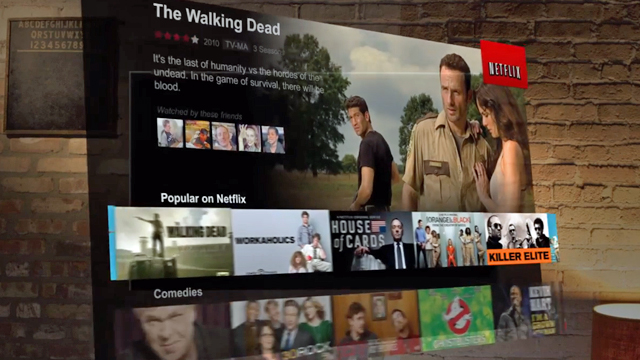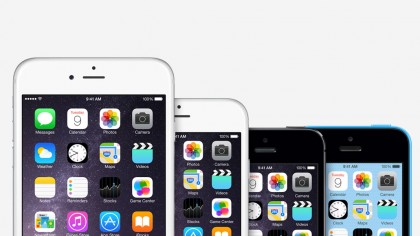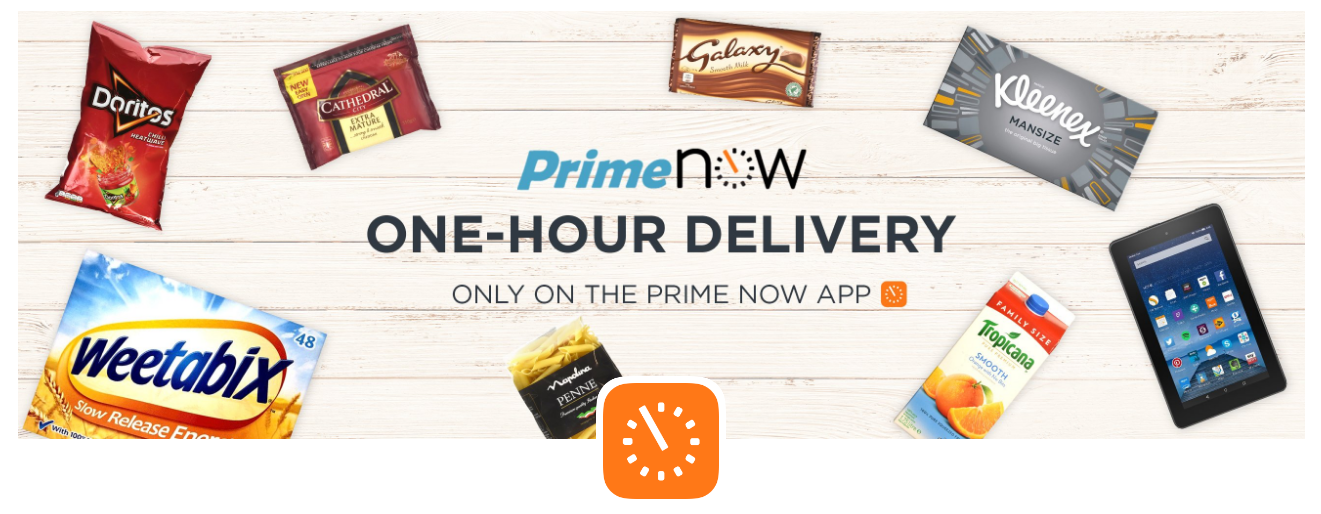The future has a subscription fee: how technology is changing what we own
Digital dreams

As the new becomes old at an increasingly fast rate and our desire to keep up with the latest technology and trends remains the same, we’re seeing an increase in subscription services and a reduction in traditional ownership.
You may not really think about it but chances are pretty high you’re signed up to at least one kind of subscription service. Whether you’re in the Amazon Prime ecosystem, endlessly scrolling through Netflix, or dependent on Spotify to keep up with the latest hits you’re an active part of the rise of the subscription economy.
Subscriptions are hardly a new thing – magazines and newspapers have been relying on growing their subscriber bases for decades.
A new look for an old model
But in recent years, we're increasingly subscribing to services that provide the material items we traditionally preferred to buy outright. This is largely thanks to the fact that we have much better access to the devices and internet services required for digital streaming, digital payments, and immediate contact with the services we're subscribed to.
We don’t own DVDs and boxsets anymore, we subscribe to Netflix and Amazon; we don’t have to buy the latest phone anymore, we can just sign up to Apple's upgrade subscription plan; we don’t have to own a car with Cadillac’s subscription service; we don’t have to own bikes thanks to Santander Cycle and we don’t even have to own clothes anymore with a host of startups aiming to make cycling wardrobe subscriptions stick.

We chatted to consumer psychologist and founder of Style Psychology Kate Nightingale about why and how the rise of the subscription economy is impacting consumers and ownership.
The move towards a subscription economy is, in Kate’s eyes, “a really positive trend.” In recent years, she says, Western markets have become “more conscious about the amount of material possessions they own” and how owning lots of physical things is simply “not sustainable” anymore.
Sign up for breaking news, reviews, opinion, top tech deals, and more.
The world has at once become more connected and less physical. Once our physical music collections allowed us to express something about who we are as people, but now for the price of one CD a month we have access to huge libraries of music that allow us to share our taste as it develops and evolves over time without having to physically own any of the music. And we can share it with more people at once as a result.

Individual appeal
With subscription services we get access to products tailored to our tastes and an element of flexibility in what’s being offered. According to Kate, with subscription services “the experience and individuality signaling is the only thing the customer gets.”
In other words, because technology enables them to stay in constant connection with their customers and adapt to fit them, subscription services have made it easier to feel a sense of individualism and personalization than simply owning one unchanging item. Even better, they allow us to feel this without the pressured duty of maintenance and care that comes with ownership.
In a sense, then, we now care less about owning and more about having.
Technology is churning out advancements at an incredibly fast rate and accessing these advancements is also becoming a much faster and easier process thanks to quick-speed delivery services.

We want and expect continual improvements and constant quality because we know it’s not only possible, it's happening. How many times have you bought something only to find out a new and improved version is dropping a few months later?
But new technology is expensive – not everyone can afford to buy the latest iPhone year after year, or purchase all the latest films, or drive all the latest cars. By turning products into services, subscriptions give us all a way to keep up with the latest technology.
Subscription services don't just utilize new technology to efficiently operate, they rely on our fascination with it to remain necessary.
Kate thinks that when people are part of a subscription service, they “focus more on the experience of products/services rather than their ownership” which is “a more psychologically healthy attitude.”
Superior service
It’s almost like the aim of these subscription services is to have us see physical ownership as a limiting burden rather than a marker of stability and identity.
A one off purchase secures a consumer an item, but then the burden of care and maintenance is on them. With a subscription, a consumer gets the product without this burden; as a continual and therefore valued customer they have the knowledge that they are the ones who ought to be cared for. They get the satisfaction of access to the latest releases without the stress.
The problem, then, is that though subscription services are a very convenient way to get almost instant access to the things we want, it’s hard to tell what the impact of their increasing popularity will have.
Looking forward
On an individual level we give up a great deal of our privacy to subscribe to these services; we hand over our card details, addresses, personal information in a time when online security is under constant threat. We also commit ourselves to a constant expense when we live in a time when it’s increasingly difficult to guarantee a consistent or constant income.
That said, on a societal level these services which have led to increased digital consumption and willingness to share access to things could make us less wasteful. With media subscriptions leading to a rise in digital-only consumption and transport subscriptions leading to a growth in the sharing economy we could see a reduction in product waste.

The fact that we can now subscribe to instant delivery services like Amazon Prime also means that we can have groceries and home products delivered straight to our homes within an hour of deciding we need them. As a result we're more likely to reduce our household food waste.
At the moment, Kate says, there is “a healthy level of ownership vs subscription”, healthy because “a certain amount of owned material products is necessary for psychological well-being.”
Whether or not it stops at this level, however, or whether we’ll end up having “subscribed lives”, she says, is yet to be seen.
Fortunately, there are some things that are unlikely to work in a subscription service which should at the very least maintain the balance.
Not for everyone at every time
Take for example the fact that despite being the big market for subscription services, ‘generation rent’ consistently rails against the increasing difficulty of buying your own home. Why does the generation accustomed to paying for access and flexibility resent renting?
Kate says this is because “Home is not only related to someone's identity but also to psychological and emotional safety. It's a very evolutionary need for survival that drives the need to own your own home.”
Our cars and clothes “are more related to [our] identity and communicating to others what [we] are about.” As these identities are changing it suits us to be able to cycle through these things at will and “as the importance of sustainability rises and the disposable income decreases, the idea of temporarily owning identity signals like cars and clothes become more attractive.”

If anything, it could be argued that our inability to own our own living spaces has pushed us towards our reliance on these subscription services.
When you don’t have the physical space or the convenience to keep material products that allow you to express your sense of self you have to find a more convenient way to access them. It’s a way of maintaining a sense of self as the physical space you’re able to occupy and impact becomes smaller.
That’s what a successful subscription service is all about: making the customer feel like a real person. They’re offered personalization rather than feeling appealed to via generalization. As we become more digitally connected we come to feel more and more like we’re part of the masses.
It makes sense, then, that we’re drawn to services in the digital space that make us feel catered to as an individual. Not only has technology made subscription services more necessary and appealing, it's made them easier to use, too.
”Understanding basic principles of how the human mind works and applying them effectively” is, Kate says, the key to a successful subscription service. “It's a no-brainer for people who know how the brain works.”

Emma Boyle is TechRadar’s ex-Gaming Editor, and is now a content developer and freelance journalist. She has written for magazines and websites including T3, Stuff and The Independent. Emma currently works as a Content Developer in Edinburgh.